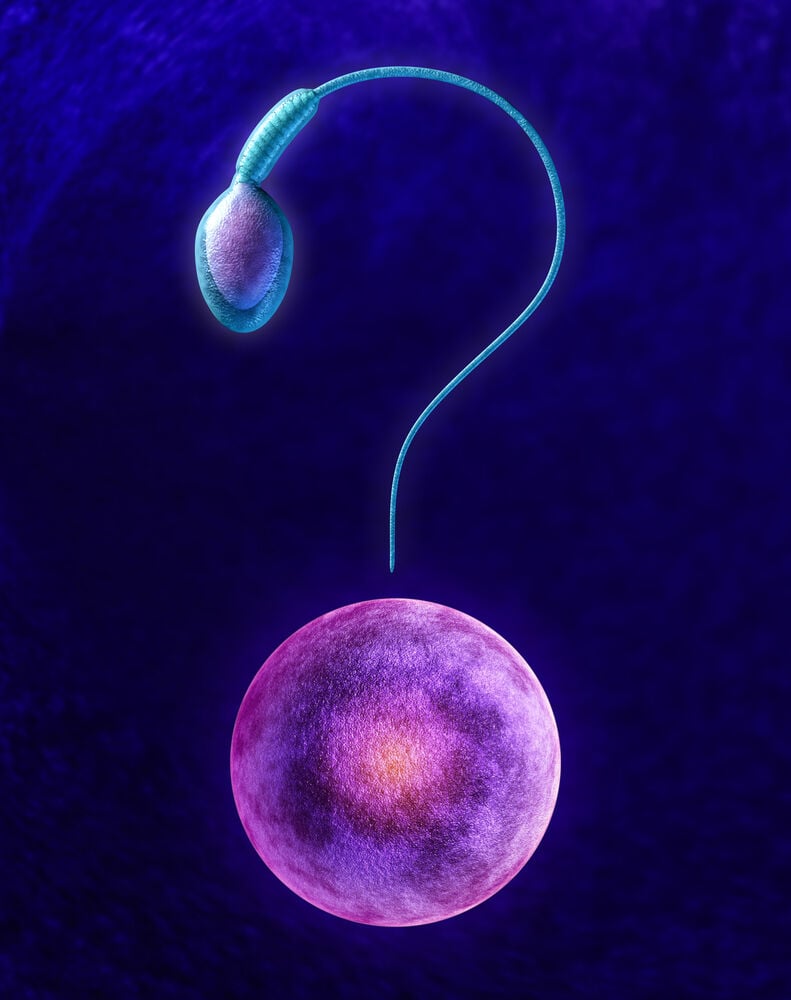A urinary tract infection can develop in any part of a person’s urinary system, which includes the kidneys, ureters, bladder, and urethra. Women have a greater risk of getting UTIs because of their shorter urethra, which allows bacteria to reach the bladder more easily.
-
Tracking cycle
-
Getting pregnant
-
Pregnancy
-
Help Center
-
Flo for Partners
-
Anonymous Mode
-
Flo app reviews
-
Flo Premium New
-
Secret Chats New
-
Symptom Checker New
-
Your cycle
-
Health 360°
-
Getting pregnant
-
Pregnancy
-
Being a mom
-
LGBTQ+
-
Quizzes
-
Ovulation calculator
-
hCG calculator
-
Pregnancy test calculator
-
Menstrual cycle calculator
-
Period calculator
-
Implantation calculator
-
Pregnancy weeks to months calculator
-
Pregnancy due date calculator
-
IVF and FET due date calculator
-
Due date calculator by ultrasound
-
Medical Affairs
-
Science & Research
-
Pass It On Project New
-
Privacy Portal
-
Press Center
-
Flo Accuracy
-
Careers
-
Contact Us
UTI During Pregnancy: Is It Dangerous?


Every piece of content at Flo Health adheres to the highest editorial standards for language, style, and medical accuracy. To learn what we do to deliver the best health and lifestyle insights to you, check out our content review principles.
What is a UTI?
A urinary tract infection happens when bacteria colonize the areas through which urine exits the body. During pregnancy, the chance of getting these infections increases due to changes in the urinary tract and immune system.
As your fetus grows, your uterus expands. This puts pressure on your bladder and ureters (the tubes that connect the kidneys to the bladder). Under pressure, the urinary tract may become blocked and unable to drain urine properly. Pregnancy hormones may also cause the relaxation of smooth muscles, which can result in urine retention.
In this situation, bacteria can readily grow and thrive throughout the urinary tract, causing an infection.
What are the signs of UTIs?
Some people who get a UTI in pregnancy may not experience any overt symptoms. For others, UTI symptoms can appear quickly.
Here are some of the most common UTI symptoms during pregnancy to look for:
- A burning feeling when you’re urinating
- Cloudy urine
- Urinating more frequently
- Strong urge to urinate
- Unusual urine odor
- Pain in the lower abdomen and lower back
- Fever and chills
- Nausea
- Painful sex
These symptoms often indicate a UTI. If you experience any of them, talk to your health care provider to ensure that your pregnancy is managed safely.

How is a urinary tract infection diagnosed?
If you suspect a urinary tract infection, visit a health care provider as soon as possible. At the medical facility, the health care provider will request a urine sample for testing.
First, your provider will observe the appearance and smell of your sample. A normal urine sample should be clear and slightly yellow. If you have an infection, your urine will most likely have an odor and appear cloudy.
To pinpoint the kind of bacteria responsible for the infection, the provider will use medical technology to examine your urine and a blood sample.
How is a urinary tract infection treated?
After a health care provider determines the cause of your symptoms, they can propose the appropriate treatment for UTI in pregnancy.
Most patients receive antibiotics during pregnancy for UTI. These antibiotics are mainly antimicrobials from two specific groups — penicillins and macrolides. These include amoxicillin, azithromycin, and erythromycin.
Other drugs (fluoroquinolones and sulfonamides, trimethoprim-sulfamethoxazole, nitrofurantoin, and cephalosporins) can pose health risks to a baby. It’s important to steer clear of them. Your health care provider will prescribe one of the safe drugs depending on the kind of infection and any allergies you may have.
You’ll need to take the antibiotics for three to seven days, depending on the prescription. Most symptoms will disappear in one to two days, but your health care provider will still instruct you to take the drugs until the prescription is gone to ensure the bacteria don’t become resistant to treatment.
Take a quiz
Find out what you can do with our Health Assistant
My husband & I are trying to get pregnant so I downloaded this app to predict my periods/ovulation. It’s been nothing short of perfect! It’s predicted my period accurately to the day, so I’m happy to know without a doubt if I’ve missed a period. You can log pretty much anything you’d ever want to, from your moods, symptoms, intercourse, and of course period info. You can also log pregnancy test results, ovulation test results, and it also tracks your movement/steps throughout the day and gives you tips to getting pregnant. They also have a “pregnancy mode” which I’m excited to (hopefully) check out soon! Highly recommend this app.
Can a UTI affect pregnancy?
Other than anemia, urinary tract infections are the most common condition experienced during pregnancy.
Thankfully, with prompt treatment, the infection can be stopped. Some people develop asymptomatic infections that can spread within the body without any unusual sensations.
These asymptomatic UTIs can negatively affect the health of the fetus. Scientists have conducted studies that show these kinds of UTIs lead to pyelonephritis — an infection of the kidneys.
This condition affects your health and the health of your baby. Bacteria can release substances called endotoxins, which can lead to anemia, prompt uterine contractions, and potentially prevent labor.
Pyelonephritis can cause low birth weight. Sometimes, babies whose mothers had advanced, untreated UTIs experienced delays in mental development.
In rare cases, a UTI and pregnancy can influence the risk of miscarriage and even infant mortality.
So, can a UTI affect pregnancy? Simply put, yes.
Love Flo, tried a few and this is definitely my favorite. Love the pregnancy mode as well. My favorite is the articles and the personal “messages” u can have during different times of your cycle. So useful and full of information. Makes you feel like you are definitely not alone during anything weird you’re experiencing. Thank you Flo!
Preventing UTIs
To encourage the best experience for you and your baby during pregnancy, it’s important to prevent bacteria from causing an infection in your urinary tract.
Nobody can completely rule out the chance of getting an infection, but you can do a few simple things to shift the odds in your favor.
You can prevent UTIs by:
- Keeping properly hydrated, drinking at least eight glasses of water a day
- Urinate at least once every two to three hours to empty your bladder
- Wiping from front to back whenever you go to the bathroom
- Urinating before and after sexual intercourse
- Avoiding douching
- Taking showers instead of baths
- Wearing loose-fitting pants
- Wearing cotton underwear
Frequently asked questions on UTI and pregnancy
For the many people who experience UTIs in pregnancy, plenty of questions may arise.
Here are some of the most common ones, with answers that provide some insight into the relationship between these infections and pregnancy.
Can a UTI affect a pregnancy test?
A pregnancy test is designed to detect the hormone human chorionic gonadotropin (hCG). This hormone is produced by the placenta when a fertilized egg implants into the uterine wall.
Infections and their byproducts, however, cannot cause the body to produce this hormone. If you have a UTI and become pregnant, talk to your health care provider for guidance.
Can a UTI be a sign of pregnancy?
A urinary tract infection isn’t a sign of pregnancy. However, engaging in unprotected intercourse can cause some infections that might coincide with pregnancy.

Can a UTI be mistaken for a pregnancy?
Early in your pregnancy — especially in the first trimester — you may notice some signs that could point to a UTI. These include fatigue, frequent urination, back pain, and nausea. Bad cramps during early pregnancy can also feel similar to the cramps you’d have with an infection.
A health care provider can help rule out an infection or pregnancy since there are shared signs.
Can a urinary tract infection prevent pregnancy?
If an infection goes untreated, it can affect your kidneys. Your kidneys remove waste from the body, and they can’t do their job properly if they are infected. This can disrupt other body functions, including ovulation.
As a result, some people with untreated UTIs may not conceive.
Key Takeaways
Developing a UTI during pregnancy is common because of the numerous changes happening in your body.
These changes can allow bacteria to thrive in your urinary tract. These bacteria can proliferate quickly, spreading the infection.
If the infection reaches the kidneys, it can cause inflammation or pulmonary complications. If you suspect you may have a UTI, contact your health care provider for testing and treatment.


Hey, I'm Anique
I started using Flo app to track my period and ovulation because we wanted to have a baby.


The Flo app helped me learn about my body and spot ovulation signs during our conception journey.


I vividly
remember the day
that we switched
Flo into
Pregnancy Mode — it was
such a special
moment.
Real stories, real results
Learn how the Flo app became an amazing cheerleader for us on our conception journey.
References
Habak, Patricia J. “Urinary Tract Infection In Pregnancy.” StatPearls [Internet]., U.S. National Library of Medicine, 21 Nov. 2020, www.ncbi.nlm.nih.gov/books/NBK537047. “Urinary Tract Infections (UTIs).” ACOG, Accessed November 2020, www.acog.org/womens-health/faqs/urinary-tract-infections. “JA62 Infections of genitourinary tract in pregnancy.” ICD-11 for Mortality and Morbidity Statistics, World Health Organization, Accessed December 2020, https://icd.who.int/browse11/l-m/en#/http%3a%2f%2fid.who.int%2ficd%2fentity%2f2046208198 “Antibiotic Use among Women with Urinary Tract Infections in First Trimester of Pregnancy and Birth Defects.” Centers for Disease Control and Prevention, Centers for Disease Control and Prevention, 1 Nov. 2018, www.cdc.gov/ncbddd/birthdefects/features/kf-women-antibiotic-use-1st-trimeter-birthdefects.html.




